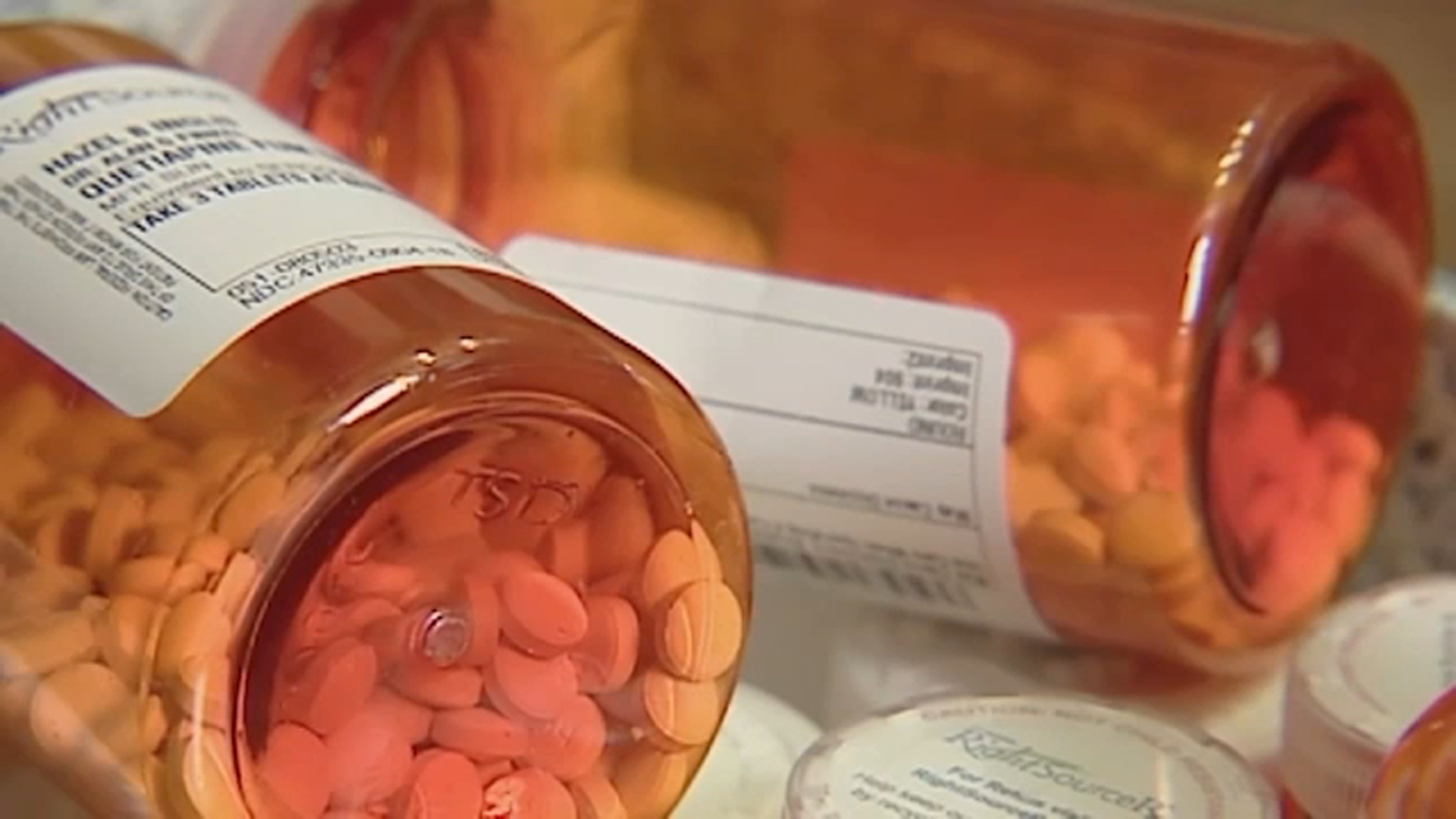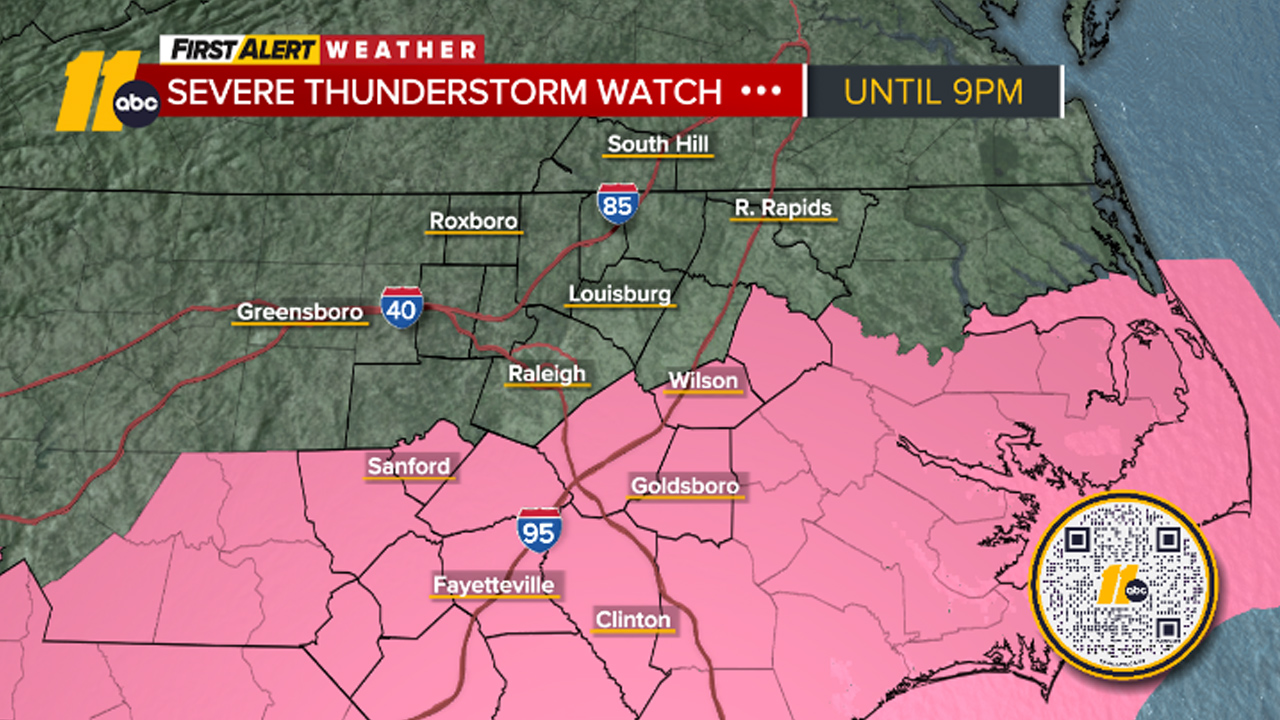New state data shows NC students bouncing back after COVID-19 but not to pre-pandemic levels

RALEIGH, N.C. (WTVD) -- The North Carolina Department of Public Instruction (NCDPI) released student performance reports from the 2021-22 school year on Thursday. Overall, the reports indicated students' performance is improving but is still below pre-pandemic levels. State education leaders said these results are not unexpected and show that students' recovery from COVID disruptions is going to take time. Overall, NCDPI leaders said on Thursday they were pleased with the reports and believe it demonstrates recovery is happening.
"Last year's accountability results are really a testament to the resilience, dedication and commitment of thousands of educators across the state," North Carolina Superintendent Catherine Truitt said in a press release. "They know as I do that we still have a steep hill to climb and that every step matters."
Reading performance for third graders in the state continues to decline with 18% fewer third graders reading at a level 4 or above compared to 2018-19. Fourth through eighth graders improved their reading levels slightly from last year but still around 10% fewer in each grade are reading at the standard level compared to before the pandemic.
"I think it was a little bit of a surprise to some of us who are watching this because it's been such a challenge for students, for parents, for teachers. So, you know, we've got a ways to go and certainly it's not across the board that all students are doing well. But it's a very encouraging," Keith Poston, president of WakeEd Partnership. While many test scores are improving, the data indicates many students will need to continue to need months of additional learning time over the next several years due to disruptions caused by the pandemic.
"I think it is a real testament to our teachers first and foremost," Poston said. "I think the hard work that they've done. I think obviously the students who are doing are the ones doing the work and their families who've been supporting them."
Susan Book's son Emerson is a 7th grader at Wake County Schools. She said the past few years have been difficult because her son is autistic and lost resources during virtual learning.
"It was really difficult for him. It was really difficult for myself because my son wasn't able to do things independently very well yet. And so he really needed a service provider. And when you're at home, that service provider is your parent," Book said. "I am very lucky that I got to be able to spend that time with him but not all working parents are able to do that."
She said now that Emerson is back in school with the resources he needs, she's noticed a change.
"I'm seeing him flourish now. And I'm seeing him get excited about a math assignment, which is just amazing to see that change," she said.
Graduation rates across the state are lower than in the past few years. Just over 86% of North Carolina seniors graduated last year, about 1% fewer than in the 2020-21 school year and 1.5% lower than the 2019-2020 school year.
The average ACT score was also slightly lower with students scoring an average of 18.2 last year compared to an average of 18.4 in 2018-19. Around 376 more schools were designated as 'low performing' and 21 more districts earned the designation. Forty-three percent of the state's high schools did not meet standards.
The number of schools earning an 'F' grade more than doubled with 264 schools now ranked with an 'F' compared to 91 in 2018-19. Similarly, the number of schools that received a 'D' increased by 80%.
While an increasing number of schools statewide slip in meeting or exceeding standards, Durham Public Schools reported its percent of schools hitting these marks is at the highest in eight years. Eighty-eight percent of the district's schools met or exceeded expectations for growth, up 5% from 2018-19.
"We are rebounding really well and my fear was as I told other folks in the community, the effects of this COVID is going to take us into this about three years before we can we rebound but in my surprise on this has been a really great year off for us," said Durham County Schools superintendent Pascal Mubenga. Additionally, the district's overall grade level proficiency increased by 10% last year.
"We have really high expectations for our district. We strongly believe that regardless of the background of any students, they all can reach their full potential," Mubenga said.
Overall, ABC11's Data Team analysis found both Wake County and Cumberland County school districts reported a higher percentage of students meeting or exceeding expectations. However, Durham, Wake and Cumberland County school districts had a lower average school performance grade in 2021-22 than before the pandemic.
Forty-three percent of the state's high schools did not meet standards.
The number of schools earning an 'F' grade more than doubled with 264 schools now ranked with an 'F' compared to 91 in 2018-19. Similarly, the number of schools that received a 'D' increased by 80%.
Mubenga said DPS has a plan called 'Operation 55' where it seeks to get all their schools at 55% proficiency or higher. State leaders cautioned that the testing data school be viewed with the lens of the COVID-19 pandemic and should not be compared to 2018-19 data. Book is one of the supports of the state revamping how it access students' progress. Her family has opted out of state testing for the past few years.
"They're not in-depth to what our children are learning and how they're learning," she said. "We need to redo our student accountability system so that it does reflect what our children are actually learning in that classroom. Right now, we're just we're using a poor data set to judge how our schools are doing."
Book also explained the test causes excessive stress to her son. She hopes state leaders use the latest data to help students and not punish schools.
"If we're going to look at these test scores and see data, use it to help and not to harm," Book said.
Poston said as districts seek to improve testing scores, more resources and time will be needed.
"We've already seen the benefits and some of those additional resources that both came from Wake County as well as from the federal government, the federal government really stepped in and helped with a lot of resources. So you've got new instructional assistants, we've got positions that have been created in the schools all across Wake County," he said.
The new report was released as NC school systems work to hire and keep teachers in the state as neighboring states try to recruit.




